|
Assembly Actions -
Lowercase Senate Actions - UPPERCASE |
|
|---|---|
| Feb 10, 2025 |
advanced to third reading |
| Feb 05, 2025 |
2nd report cal. |
| Feb 04, 2025 |
1st report cal.263 |
| Jan 08, 2025 |
referred to veterans, homeland security and military affairs |
-
-
Veterans, Homeland Security And Military Affairs Committee Vote: Feb 4, 2025
-
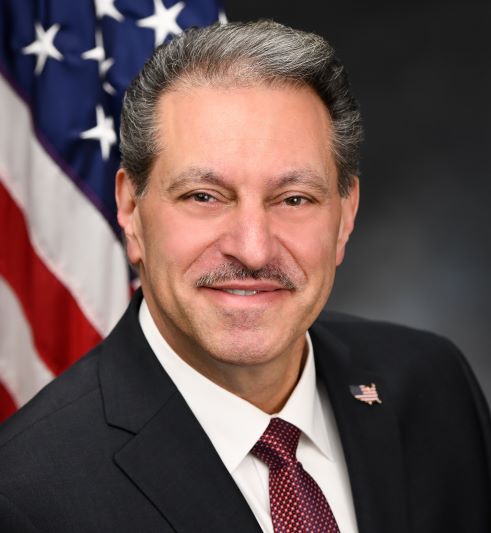
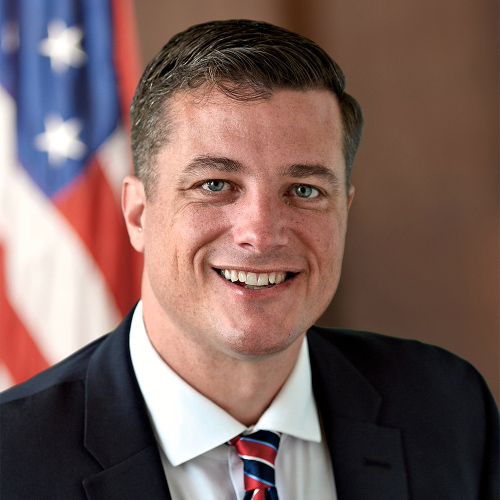
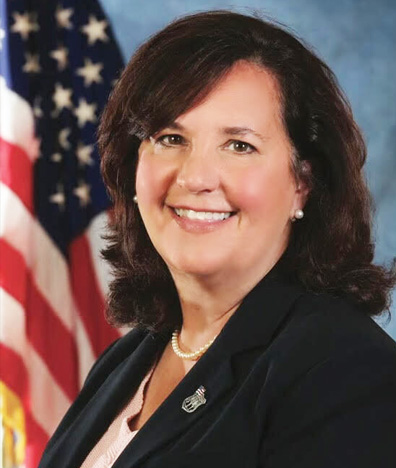
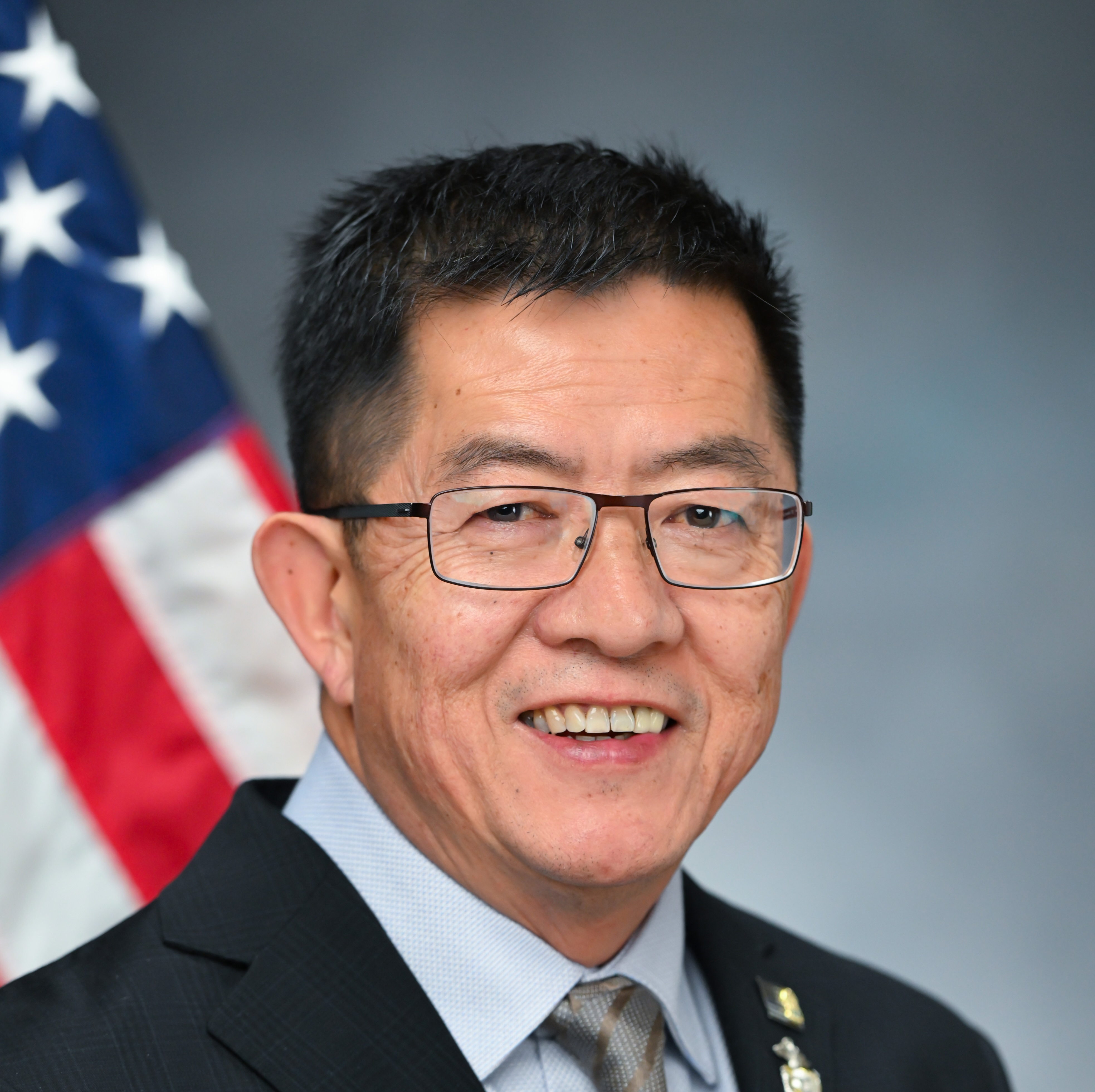

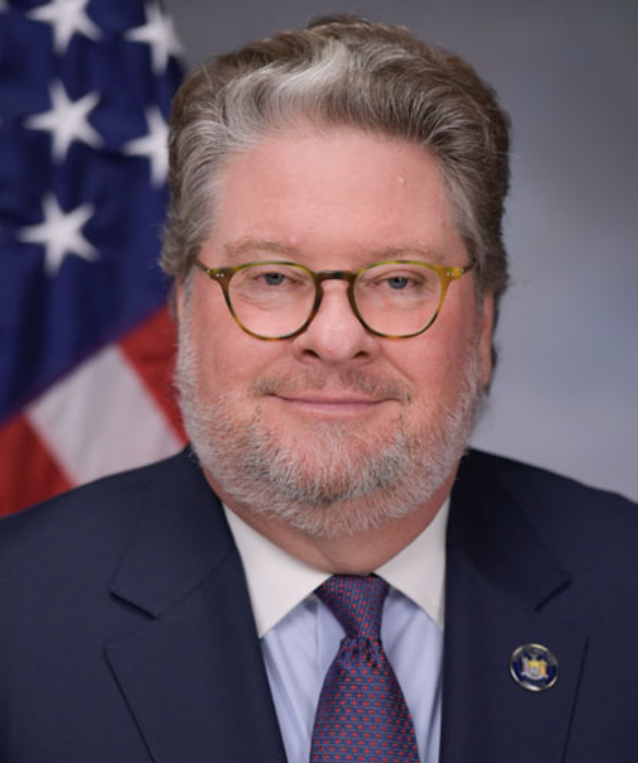

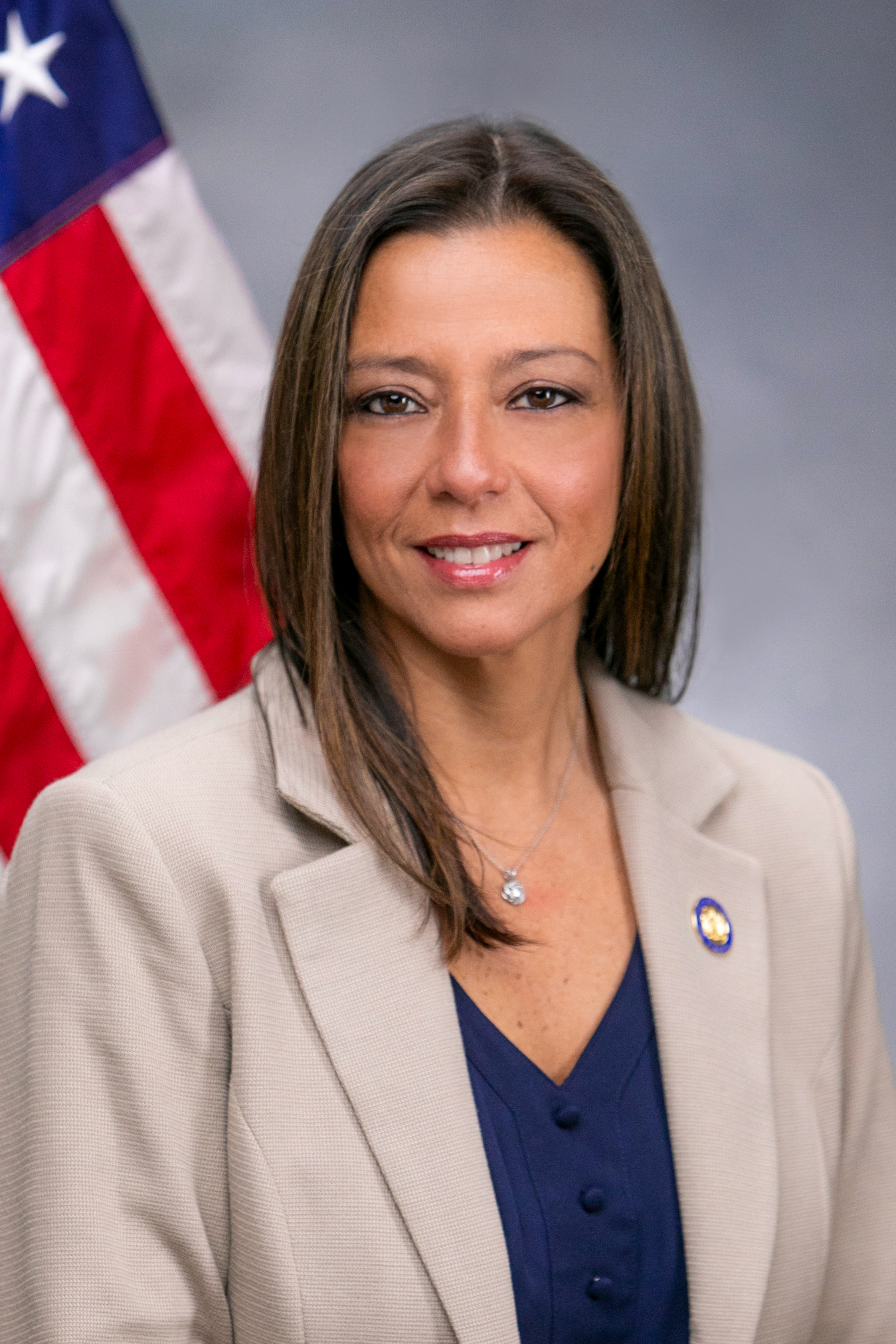
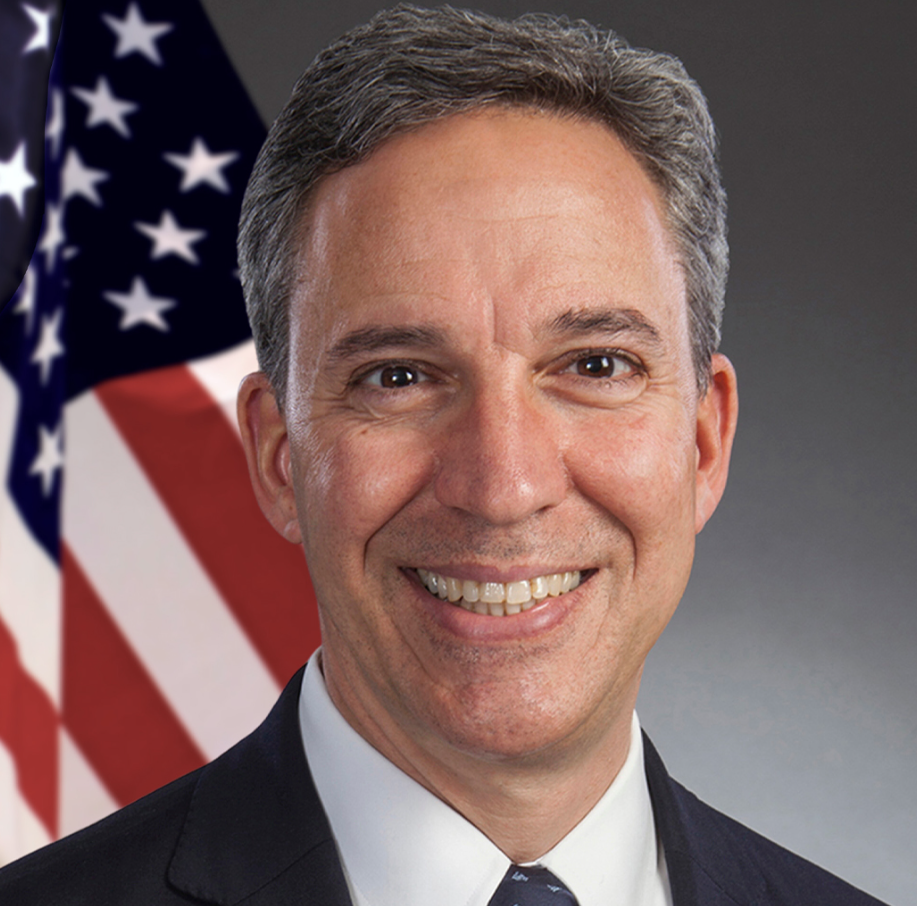
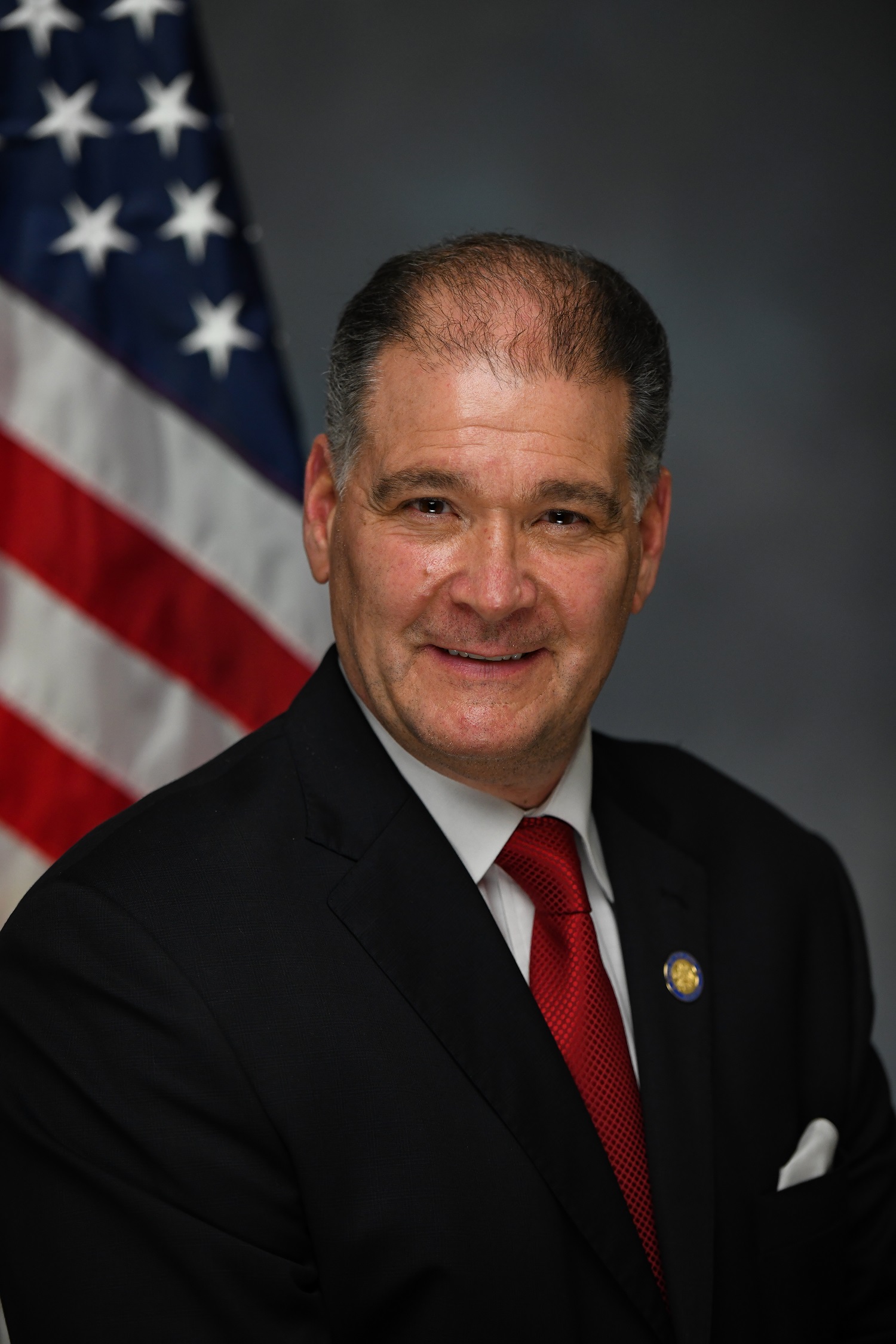
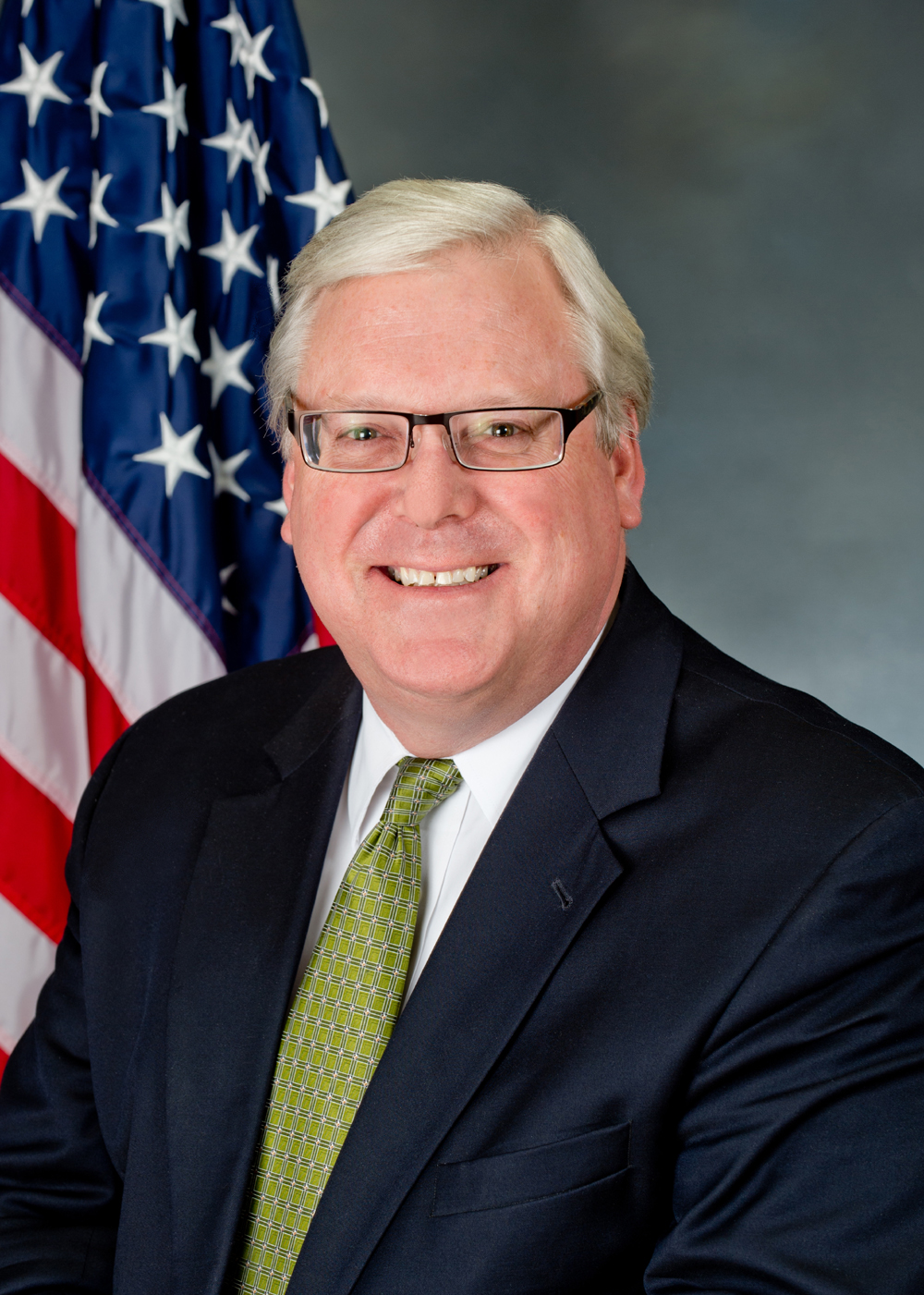
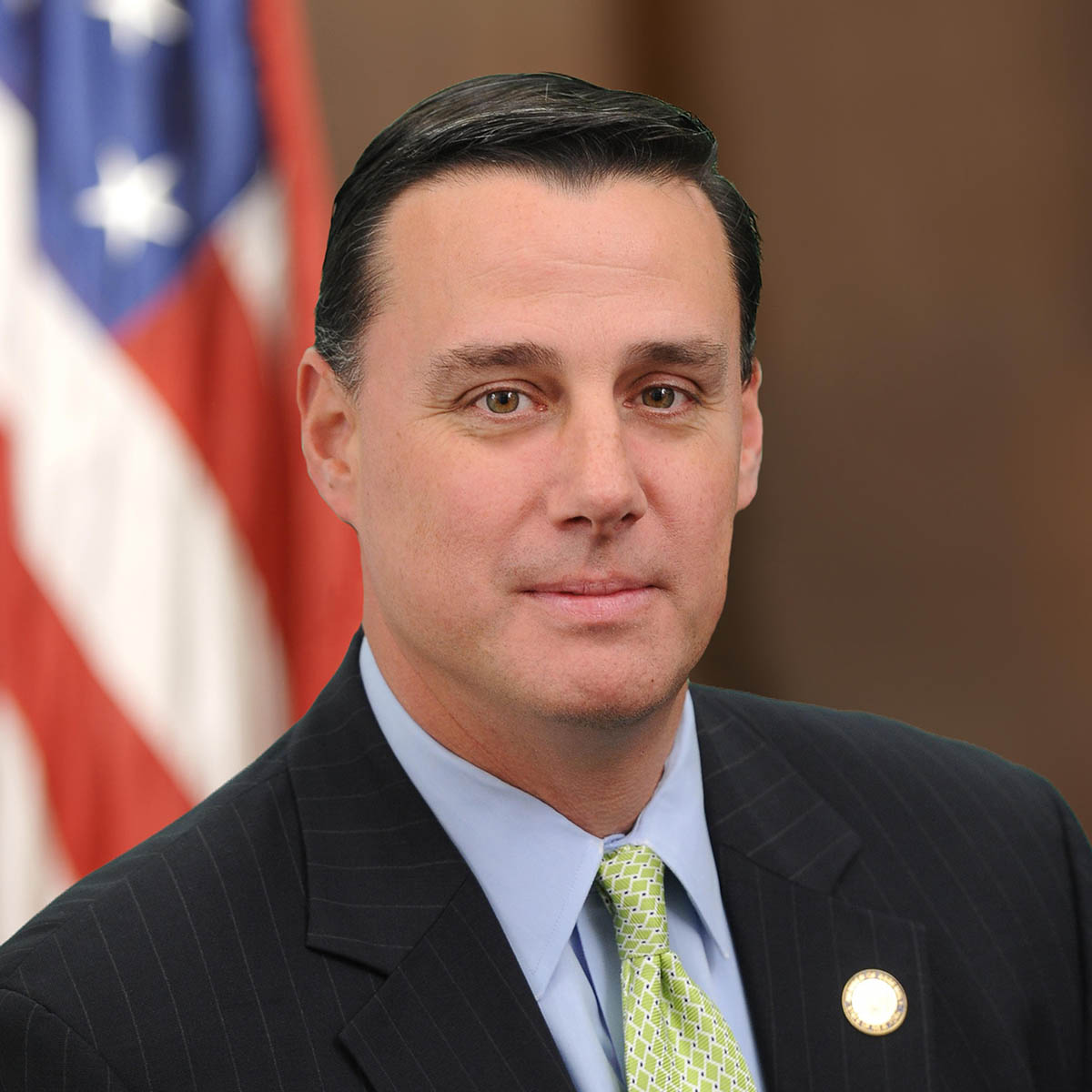
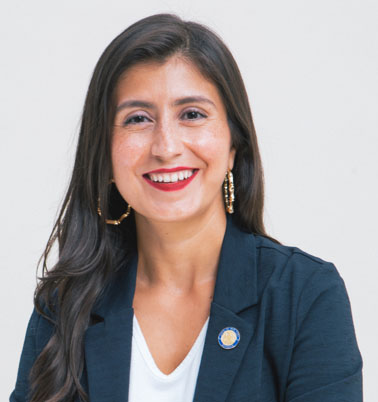
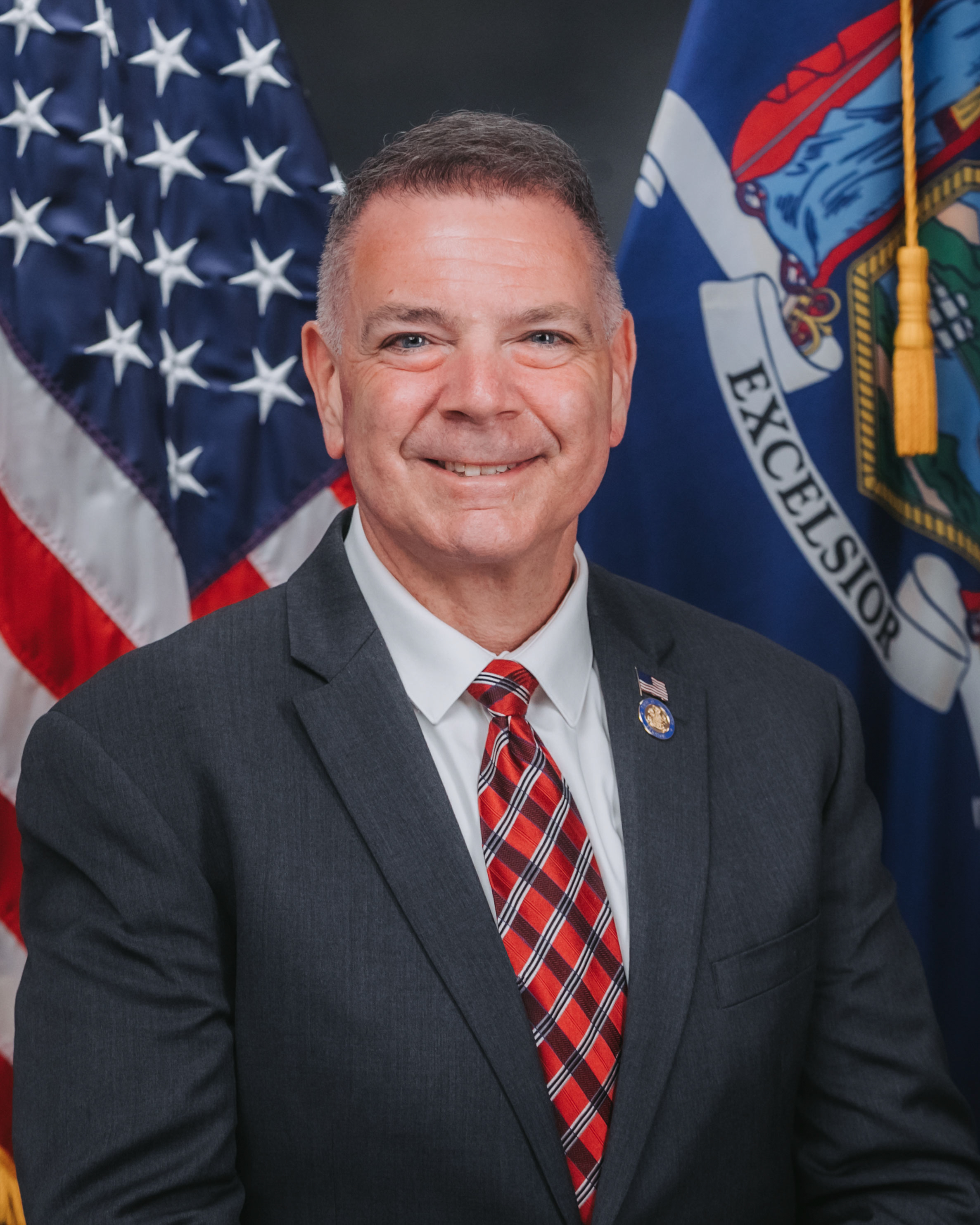
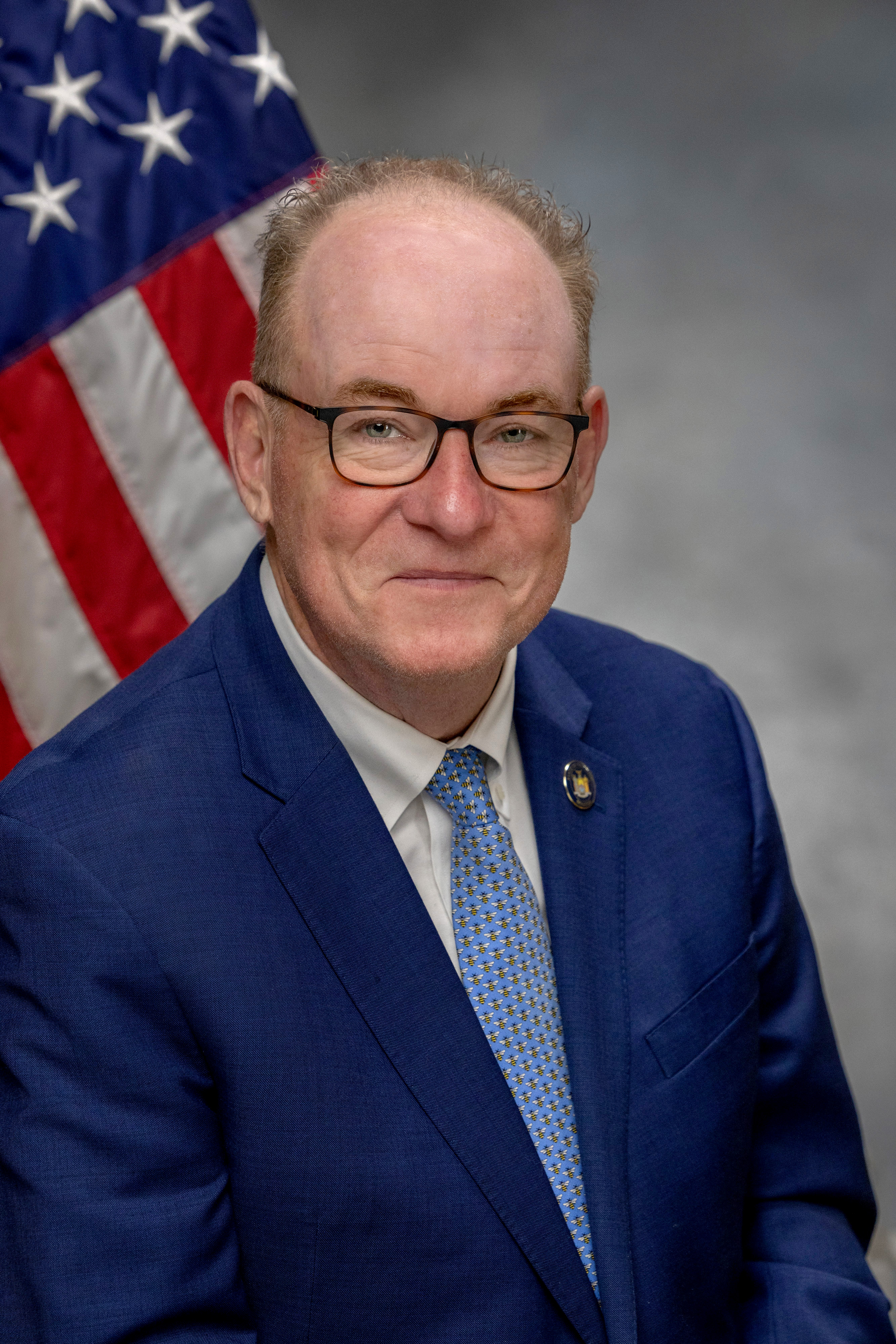
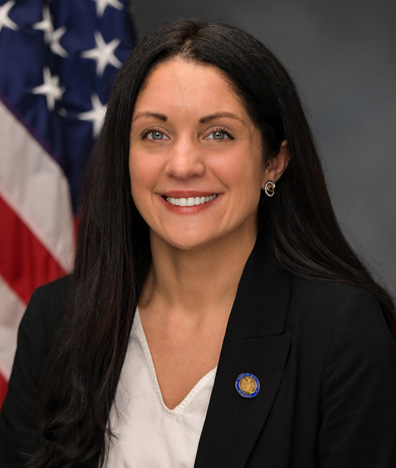
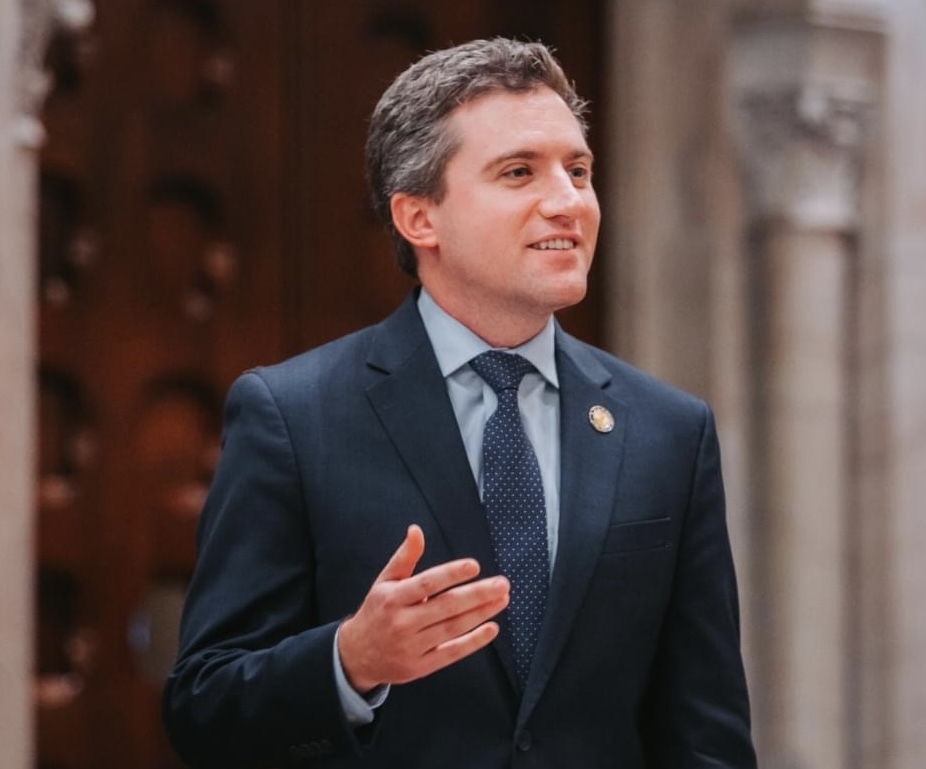

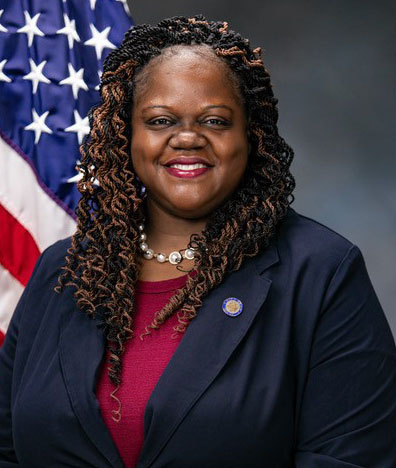
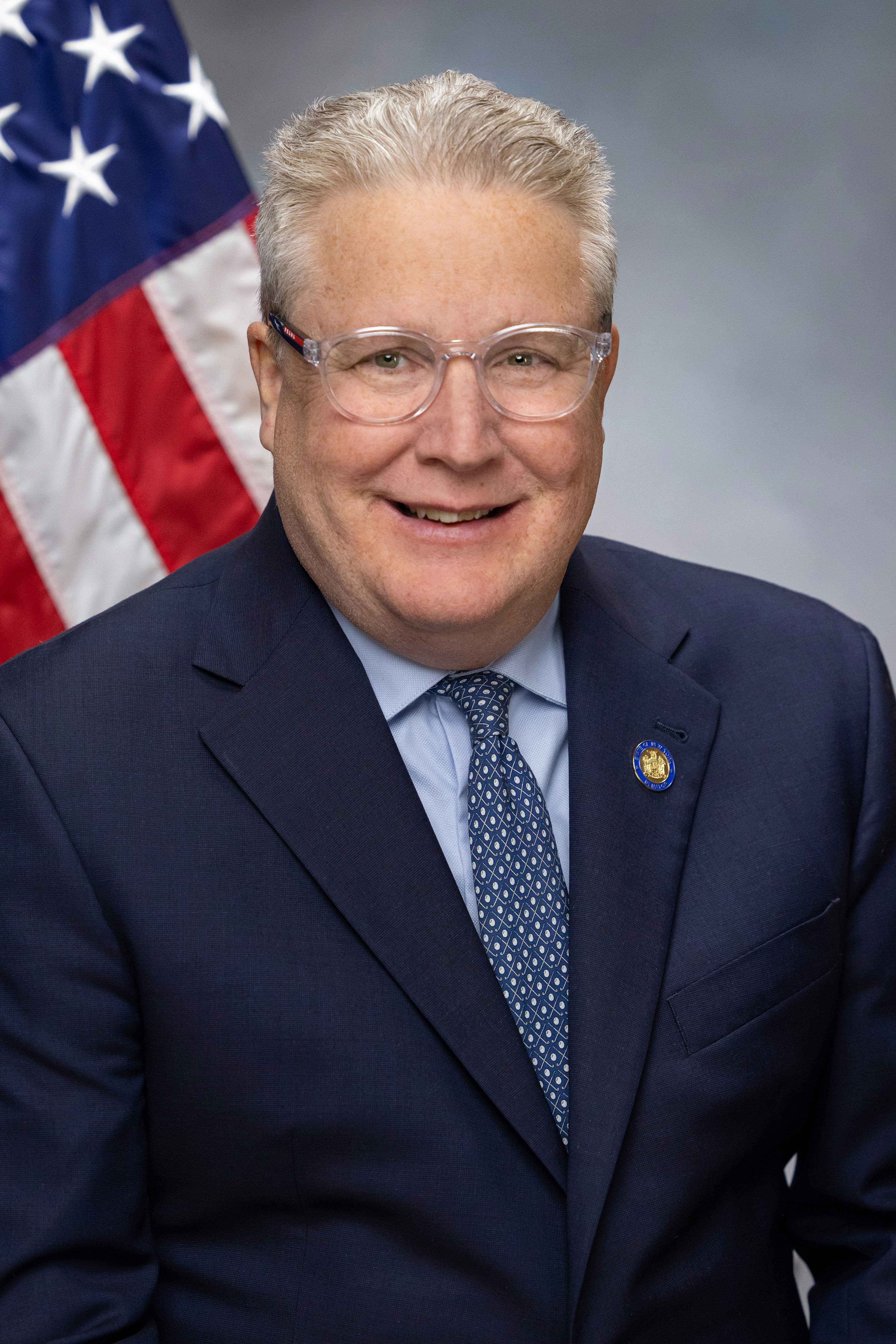

Let’s finally get this passed this year! I know it’s the assembly that holds everything up.
I fully support Bill S1183. Less than 1% of Americans serve in the military, and those of us who do often sacrifice everything—our physical health, mental well-being, and future earning potential—for the safety and freedom of this country. For veterans with 100% service-connected disabilities, life can be a daily struggle to survive, let alone thrive.
This bill is not just about financial relief; it’s about acknowledging the immense sacrifices made by the few who gave their all. Property taxes should not be an additional burden on veterans and their families who are already navigating life with significant challenges.
This exemption would allow us to live with dignity, security, and a sense of gratitude from the country we served. Please pass this bill—it’s a small but meaningful way to honor those who have given so much.
I wholeheartedly agree with the intent and spirit behind Bill S1183, and I fully support providing meaningful property tax relief to our 100% service-connected disabled veterans. As stated, less than 1% of Americans serve in the military, and those who do often bear lifelong burdens—physically, mentally, and financially—on behalf of our entire nation.
However, I am deeply concerned about the amended language in the bill, particularly the inclusion of the word “may.” This change gives local governments the discretion to decide whether or not to offer this exemption, effectively weakening the bill’s purpose. What was meant to be a guaranteed form of relief for our most severely disabled veterans now becomes optional, subject to local budget priorities and politics.
This kind of discretionary language opens the door to unequal treatment across municipalities, where some veterans might receive the exemption while others are denied—despite having made the same sacrifices. That’s not right, and it’s not in line with the bill’s original intent to honor and support our disabled veterans uniformly and fairly.
If we truly want to show our appreciation, the bill must include mandatory language—“shall” instead of “may.” Anything less falls short of the commitment we owe to those who gave so much for this country.
Please consider strengthening this bill so it delivers on its promise and ensures that no disabled veteran is left behind due to local discretion.
I wholeheartedly agree with the intent and spirit behind Bill S1183, and I fully support providing meaningful property tax relief to our 100% service-connected disabled veterans. As stated, less than 1% of Americans serve in the military, and those who do often bear lifelong burdens—physically, mentally, and financially—on behalf of our entire nation.
However, I am deeply concerned about the amended language in the bill, particularly the inclusion of the word “may.” This change gives local governments the discretion to decide whether or not to offer this exemption, effectively weakening the bill’s purpose. What was meant to be a guaranteed form of relief for our most severely disabled veterans now becomes optional, subject to local budget priorities and politics.
This kind of discretionary language opens the door to unequal treatment across municipalities, where some veterans might receive the exemption while others are denied—despite having made the same sacrifices. That’s not right, and it’s not in line with the bill’s original intent to honor and support our disabled veterans uniformly and fairly.
If we truly want to show our appreciation, the bill must include mandatory language—“shall” instead of “may.” Anything less falls short of the commitment we owe to those who gave so much for this country.
Please consider strengthening this bill so it delivers on its promise and ensures that no disabled veteran is left behind due to local discretion.
I wholeheartedly agree with the intent and spirit behind Bill S1183, and I fully support providing meaningful property tax relief to our 100% service-connected disabled veterans. As stated, less than 1% of Americans serve in the military, and those who do often bear lifelong burdens—physically, mentally, and financially—on behalf of our entire nation.
However, I am deeply concerned about the amended language in the bill, particularly the inclusion of the word “may.” This change gives local governments the discretion to decide whether or not to offer this exemption, effectively weakening the bill’s purpose. What was meant to be a guaranteed form of relief for our most severely disabled veterans now becomes optional, subject to local budget priorities and politics.
This kind of discretionary language opens the door to unequal treatment across municipalities, where some veterans might receive the exemption while others are denied—despite having made the same sacrifices. That’s not right, and it’s not in line with the bill’s original intent to honor and support our disabled veterans uniformly and fairly.
If we truly want to show our appreciation, the bill must include mandatory language—“shall” instead of “may.” Anything less falls short of the commitment we owe to those who gave so much for this country.
Please consider strengthening this bill so it delivers on its promise and ensures that no disabled veteran is left behind due to local discretion.
I wholeheartedly agree with the intent and spirit behind Bill S1183, and I fully support providing meaningful property tax relief to our 100% service-connected disabled veterans. As stated, less than 1% of Americans serve in the military, and those who do often bear lifelong burdens—physically, mentally, and financially—on behalf of our entire nation.However, I am deeply concerned about the amended language in the bill, particularly the inclusion of the word “may.” This change gives local governments the discretion to decide whether or not to offer this exemption, effectively weakening the bill’s purpose. What was meant to be a guaranteed form of relief for our most severely disabled veterans now becomes optional, subject to local budget priorities and politics.
This kind of discretionary language opens the door to unequal treatment across municipalities, where some veterans might receive the exemption while others are denied—despite having made the same sacrifices. That’s not right, and it’s not in line with the bill’s original intent to honor and support our disabled veterans uniformly and fairly.
If we truly want to show our appreciation, the bill must include mandatory language—“shall” instead of “may.” Anything less falls short of the commitment we owe to those who gave so much for this country.
Please consider strengthening this bill so it delivers on its promise and ensures that no disabled veteran is left behind due to local discretion.However, I am deeply concerned about the amended language in the bill, particularly the inclusion of the word “may.” This change gives local governments the discretion to decide whether or not to offer this exemption, effectively weakening the bill’s purpose. What was meant to be a guaranteed form of relief for our most severely disabled veterans now becomes optional, subject to local budget priorities and politics.This kind of discretionary language opens the door to unequal treatment across municipalities, where some veterans might receive the exemption while others are denied—despite having made the same sacrifices. That’s not right, and it’s not in line with the bill’s original intent to honor and support our disabled veterans uniformly and fairly.If we truly want to show our appreciation, the bill must include mandatory language—“shall” instead of “may.” Anything less falls short of the commitment we owe to those who gave so much for this country.
In the past, the school district I was part of refused to provide any tax relief to disabled veterans. It wasn’t until one determined individual rallied a large coalition of voters that the district was finally pressured into slightly reducing the tax burden for disabled veterans. Recently, Connecticut passed a similar bill—but importantly, it did not include the discretionary “may” language that would allow local governments to sidestep their fiscal responsibility to 100% permanently disabled veterans. I believe New York should follow this example by ensuring that its laws contain clear and mandatory language, so our veterans are treated fairly and not left behind after sacrificing so much for their country.